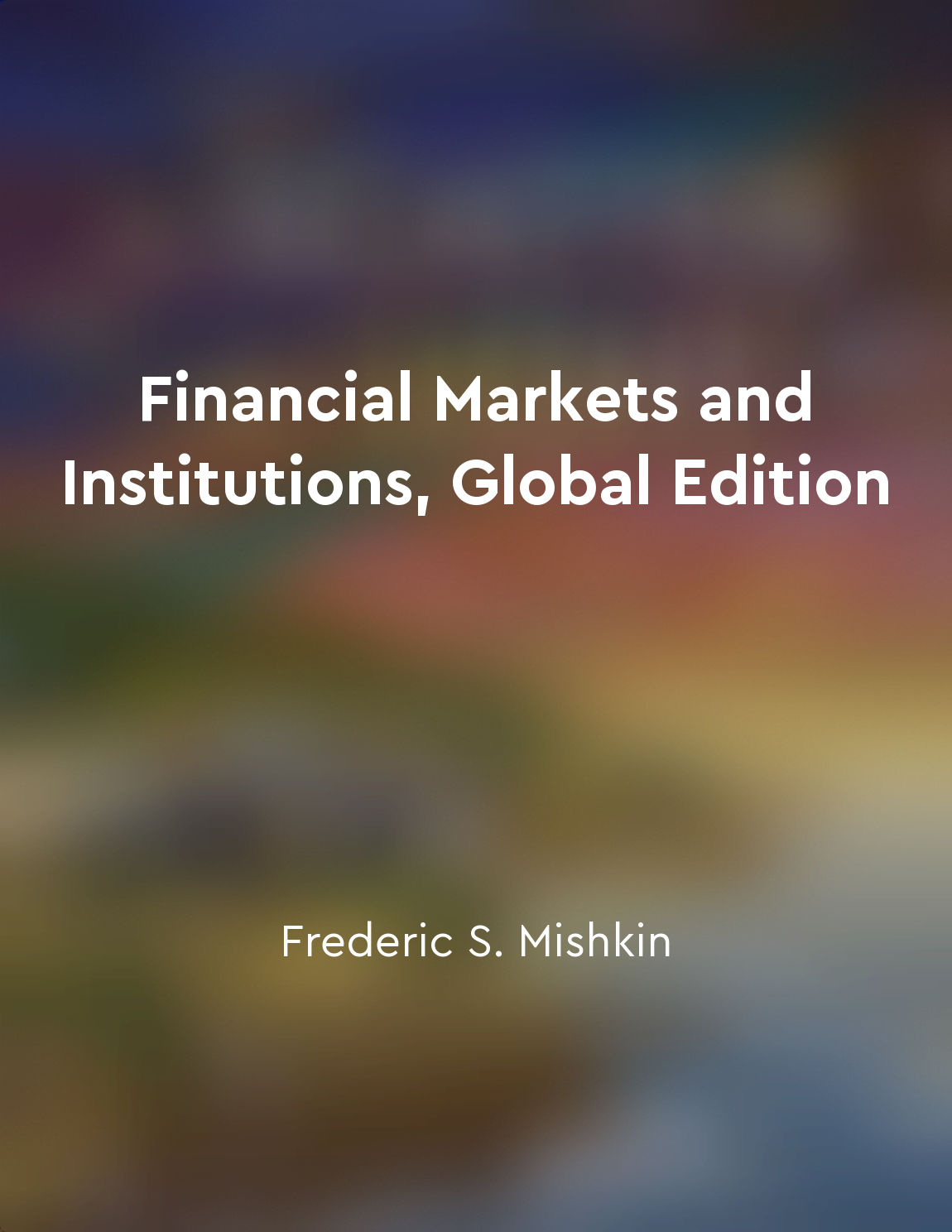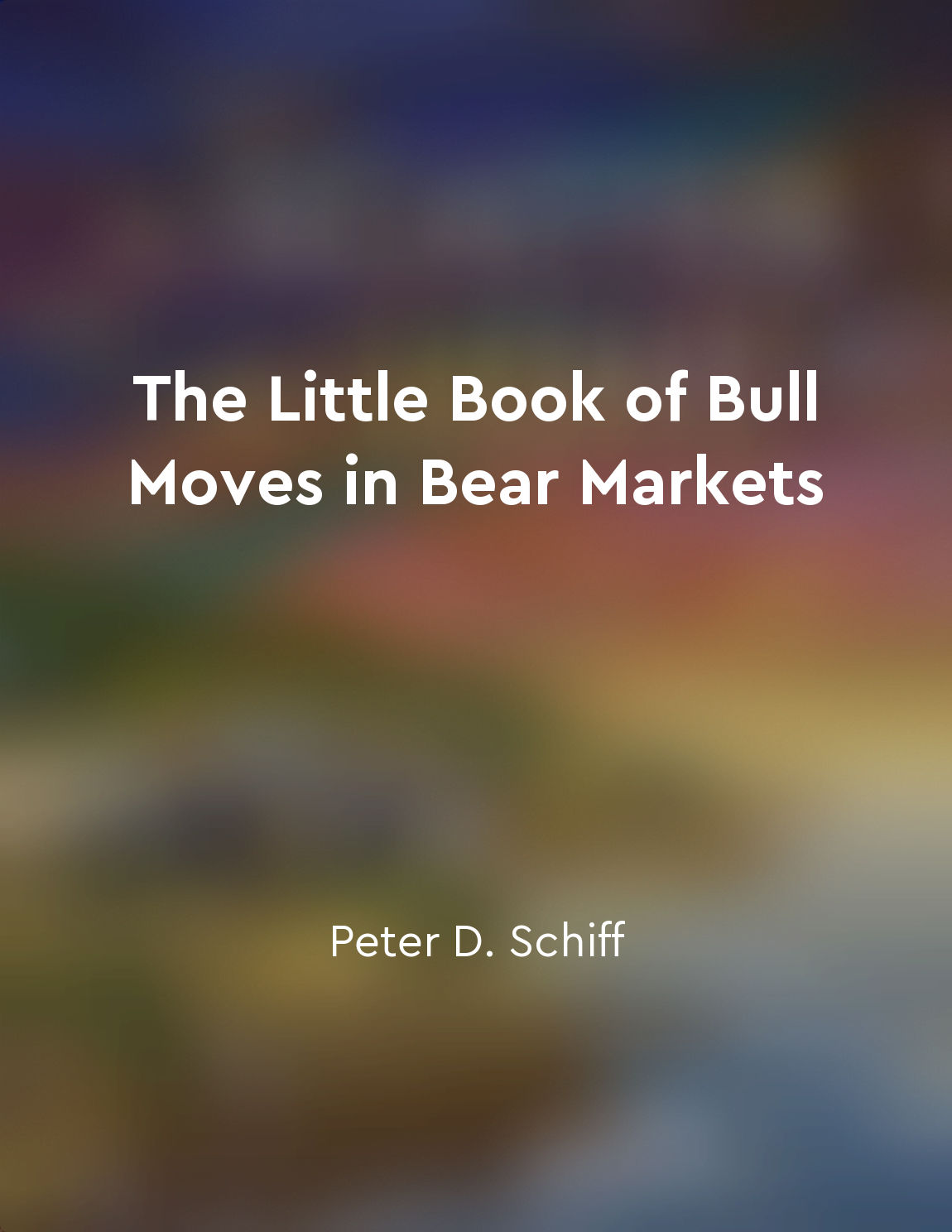Debt levels impact economic growth from "summary" of House of Debt by Atif Mian,Amir Sufi
Atif Mian and Amir Sufi argue that the level of debt in an economy has a significant impact on its overall economic growth. When households and businesses have high levels of debt, they are more likely to cut back on spending in order to reduce their debt burden. This reduction in spending can lead to a decrease in economic growth as businesses see lower demand for their goods and services. Furthermore, high levels of debt can also make consumers more vulnerable to economic shocks, such as job losses or decreases in income. When consumers have high levels of debt, they are less able to weather these shocks and are more likely to default on their debt payments. This can lead to a decrease in consumer spending, which in turn can further slow economic growth. Mian and Sufi also point out that high levels of debt can lead to a "debt overhang," where businesses and households are so burdened by debt that they are unable to invest in new projects or make necessary purchases. This can stifle innovation and productivity growth, further dampening economic growth in the long run. On the other hand, when debt levels are low, consumers and businesses are more likely to spend and invest, which can lead to increased economic growth. Low levels of debt can also make consumers more resilient to economic shocks, as they have more disposable income to weather unexpected events.- Mian and Sufi argue that policymakers need to take into account the level of debt in an economy when making decisions about monetary and fiscal policy. By understanding the impact of debt on economic growth, policymakers can implement policies that promote sustainable growth and stability in the long run.
Similar Posts
Media fails to hold power accountable
The media, which is supposed to act as a watchdog for the public, has failed in its duty to hold those in power accountable. In...

Learn from past financial crises
The past is your guide to the future. If you want to know what will happen in a financial crisis, look at what has happened in ...
Consider tax implications when making financial decisions
When evaluating financial decisions, it is crucial to take tax implications into consideration. Taxes can have a significant im...

Recognizing the value of time and using it wisely can lead to increased productivity
Understanding the value of time and making the most of it is a crucial habit for achieving success. Time is a limited resource ...

Continuous learning and adaptation are essential in the dynamic world of finance
In the fast-paced and ever-changing world of finance, staying informed and continuously learning is crucial for success. Market...

Find ways to increase income streams
One of the key strategies to achieving financial freedom is to find ways to increase your income streams. Instead of relying so...
Investing in yourself is the best investment you can make
Investing in yourself is the best investment you can make. This simple yet powerful concept is often overlooked by many people....

Stay informed about market trends and economic indicators
To navigate the volatile waters of the financial markets, it is crucial to stay on top of market trends and economic indicators...

Hedging is a common strategy for managing exchange rate risk
Hedging is a common strategy used by companies to manage the risk associated with fluctuations in exchange rates. When a compan...
Avoid impulse buying
Impulse buying is the enemy of financial success. It's that sudden urge to purchase something on a whim, without carefully cons...

